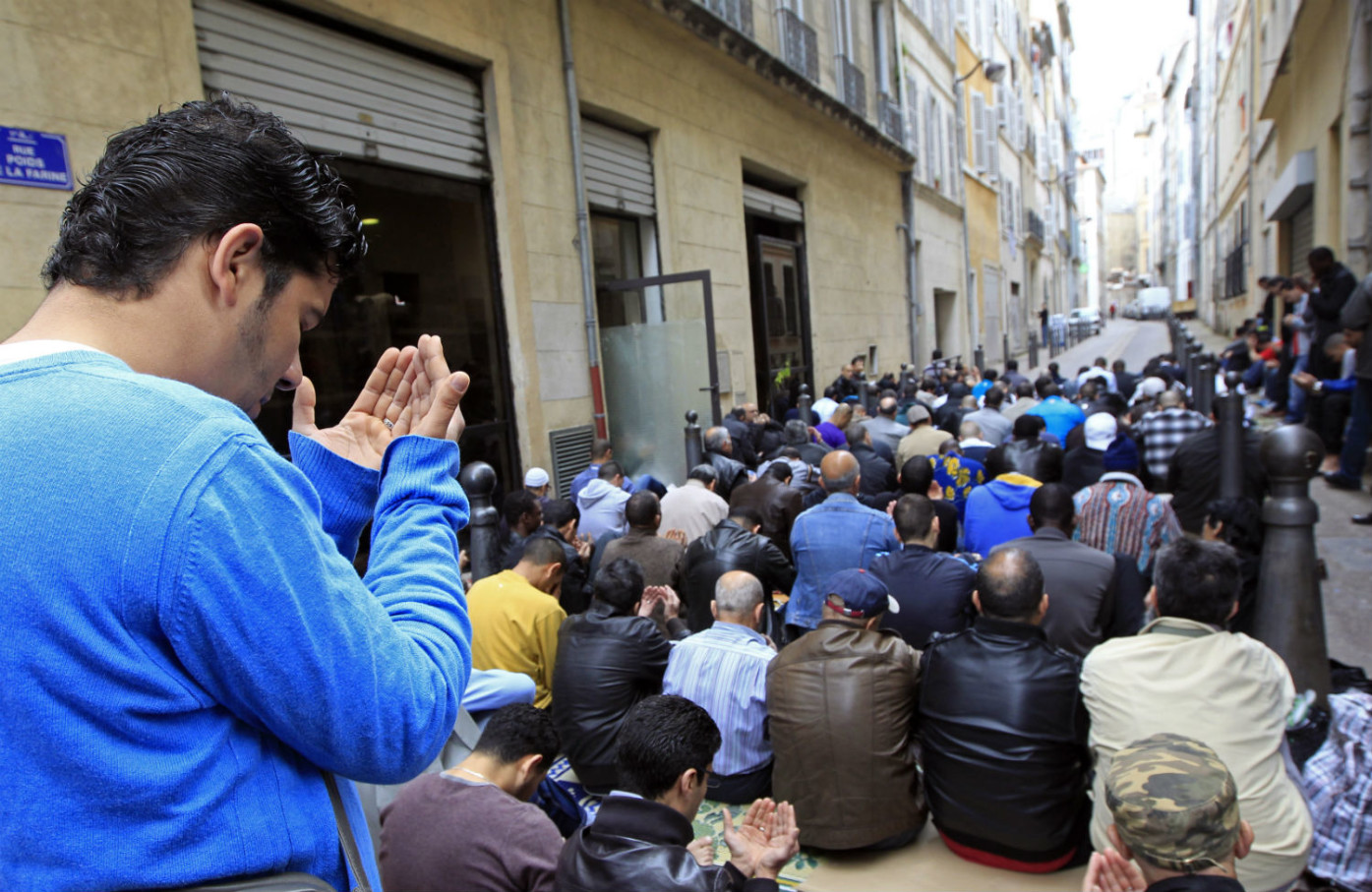
How the Left Failed France’s Muslims How the Left Failed France’s Muslims
When the left abdicated its outreach to marginalized communities, the Islamists moved in.
Feb 6, 2015 / Walden Bello and Foreign Policy In Focus
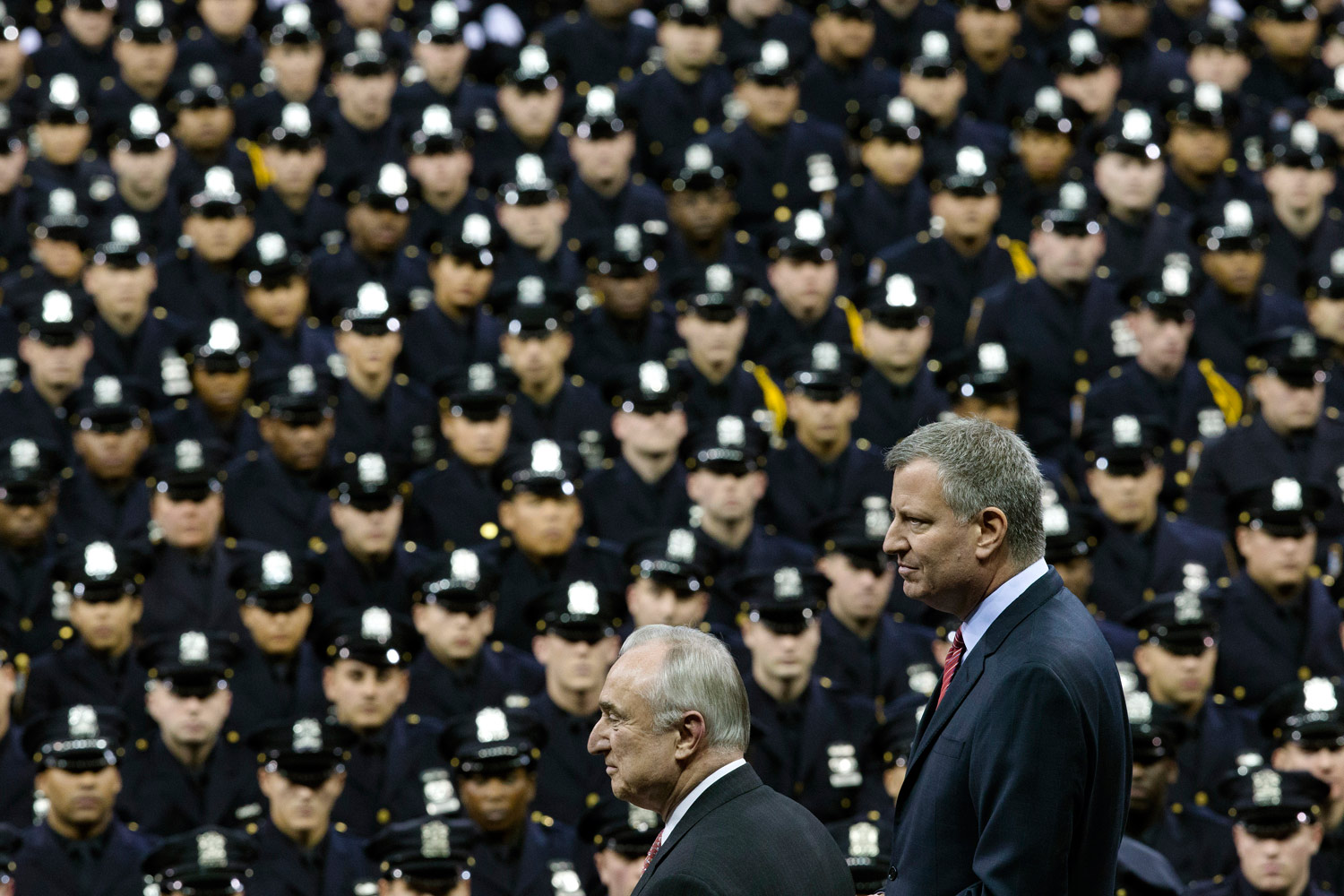
Bratton’s Police State on Steroids Bratton’s Police State on Steroids
The formation of the NYPD’s new Strategic Response Unit raises disturbing questions about police brutality.
Feb 6, 2015 / Mychal Denzel Smith
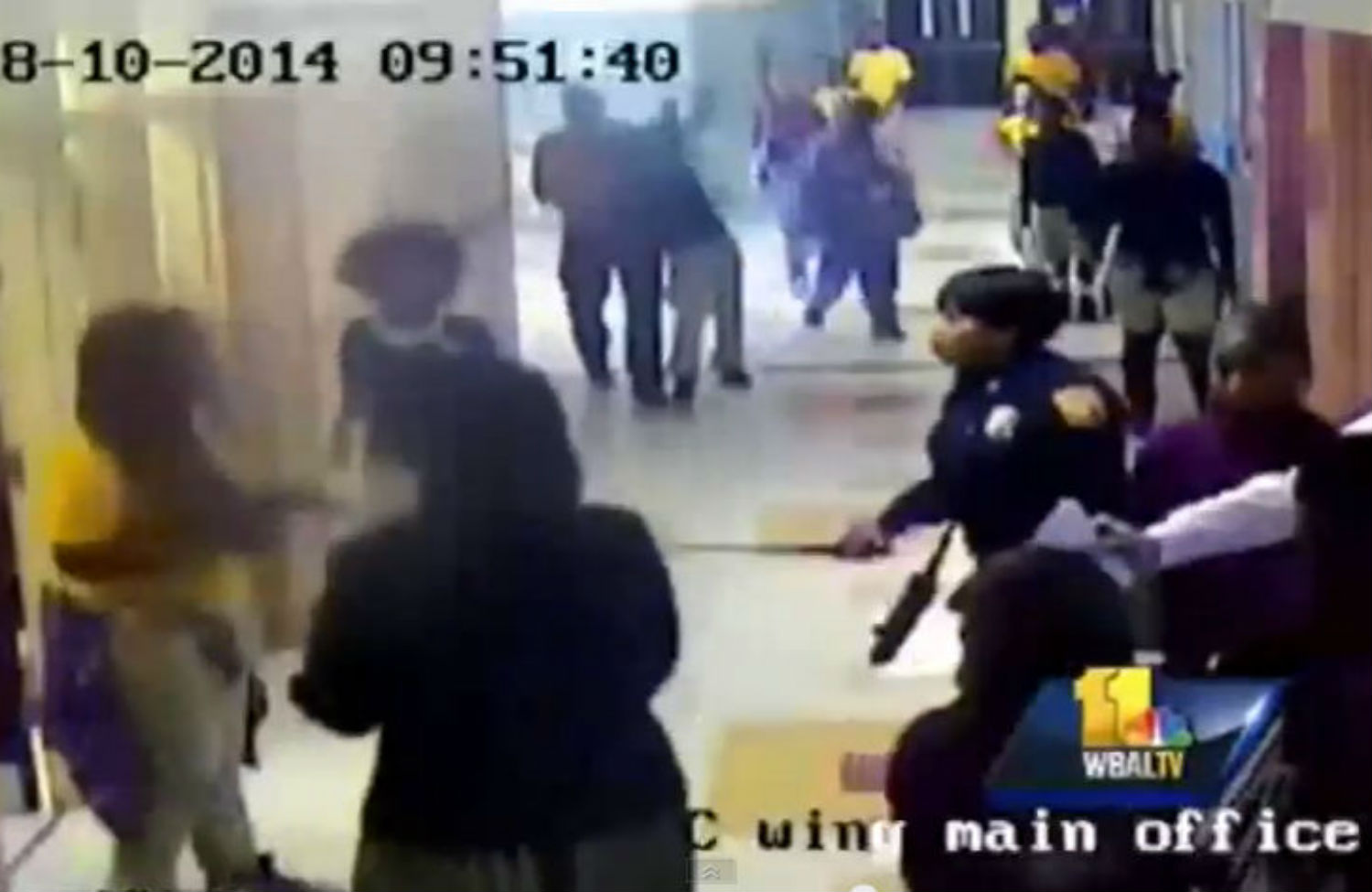
This Is How Black Girls End Up in the School-To-Prison Pipeline This Is How Black Girls End Up in the School-To-Prison Pipeline
Harsh discipline is said to put black boys at risk, but black girls are suspended six times more than white girls. A new report asks why.
Feb 5, 2015 / Dani McClain
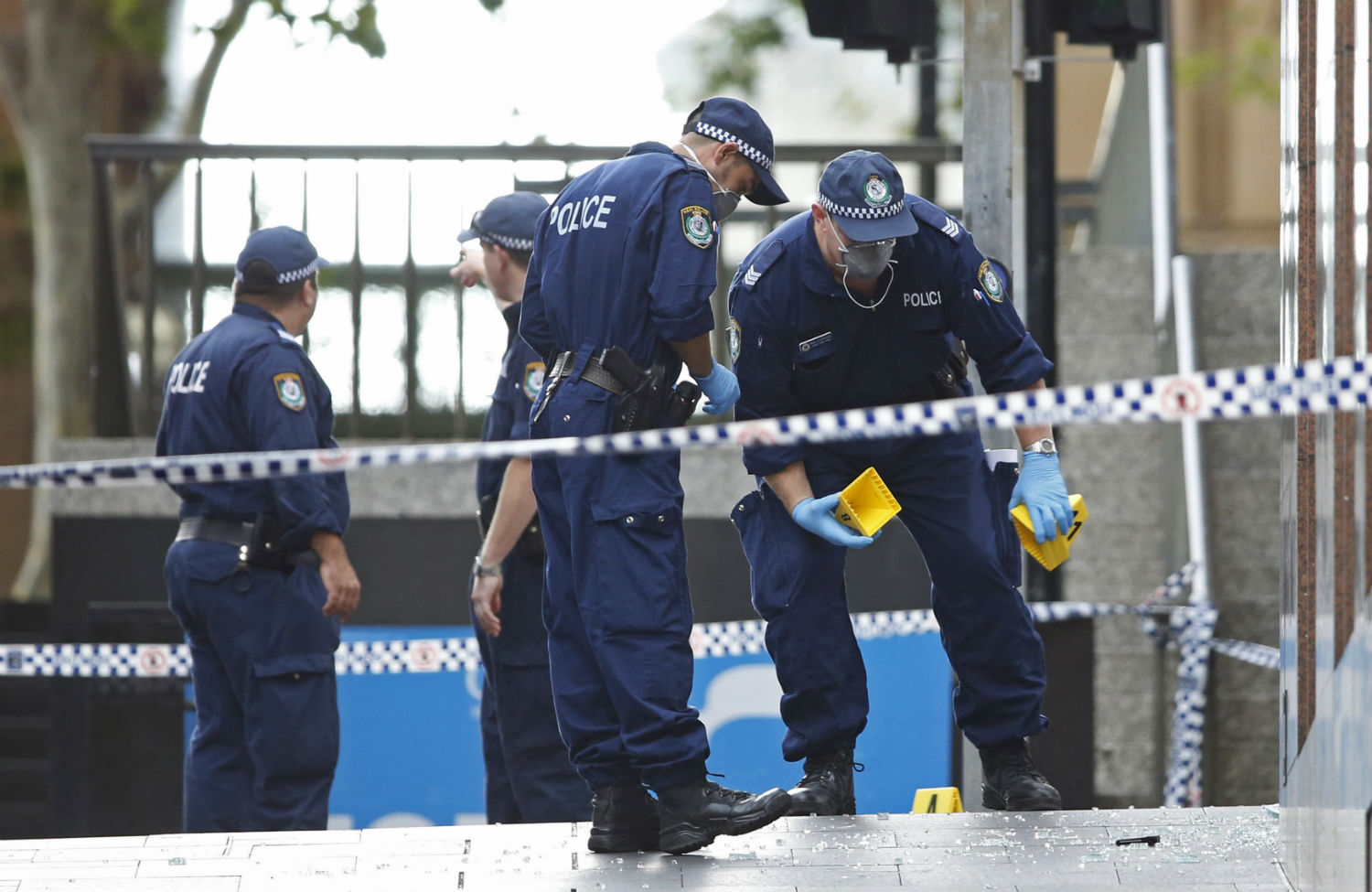
If You’re Afraid of ‘Lone Wolf’ Terrorism, You’re Missing the Point If You’re Afraid of ‘Lone Wolf’ Terrorism, You’re Missing the Point
There’s only one problem with the rising crescendo of alarm about lone wolves: most of it simply isn’t true.
Feb 5, 2015 / Matthew Harwood
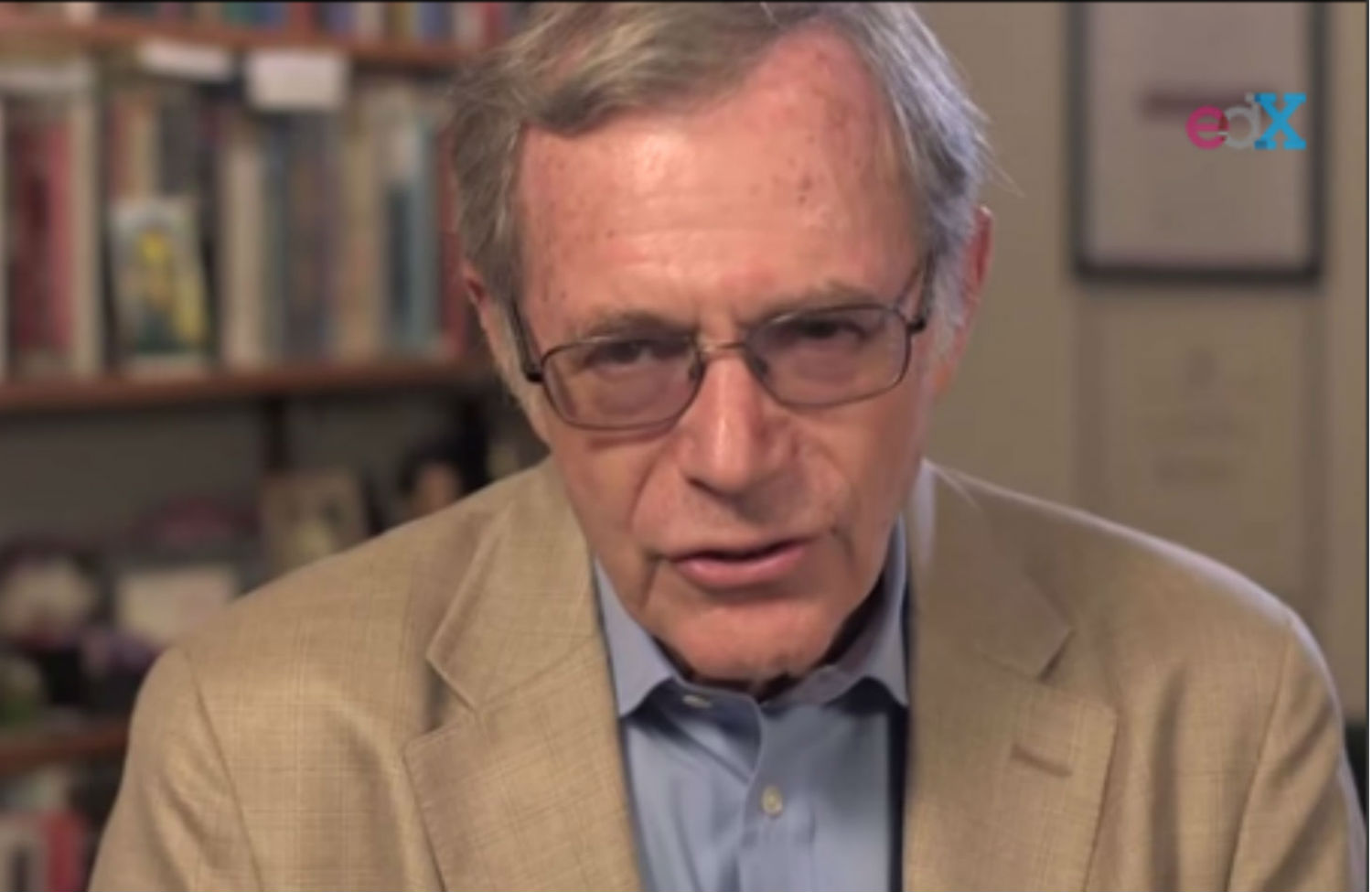
How Radical Change Occurs: An Interview With Historian Eric Foner How Radical Change Occurs: An Interview With Historian Eric Foner
“Rights can be won, and rights can be taken away. Achievements are always vulnerable.”
Feb 3, 2015 / Books & the Arts / Mike Konczal
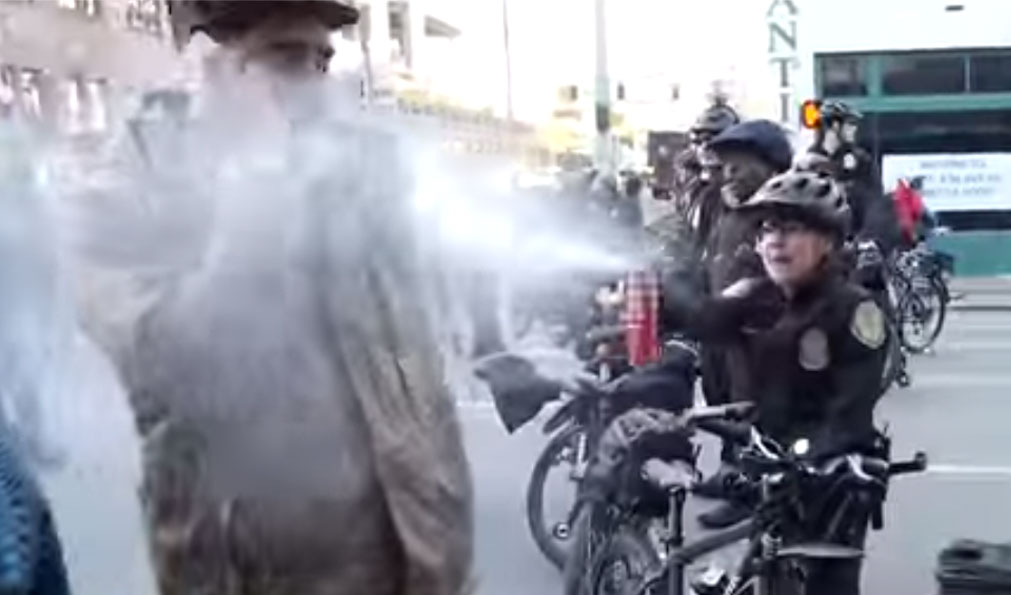
Jesse Hagopian: ‘I Was Pepper-Sprayed by Seattle Police on MLK Day’ Jesse Hagopian: ‘I Was Pepper-Sprayed by Seattle Police on MLK Day’
What do I have to do, so that when my sons recall the sixty-third annual MLK Day celebration, it is about remembering past trials of injustice, rather than endlessly reliving them?...
Feb 2, 2015 / Jesse Hagopian
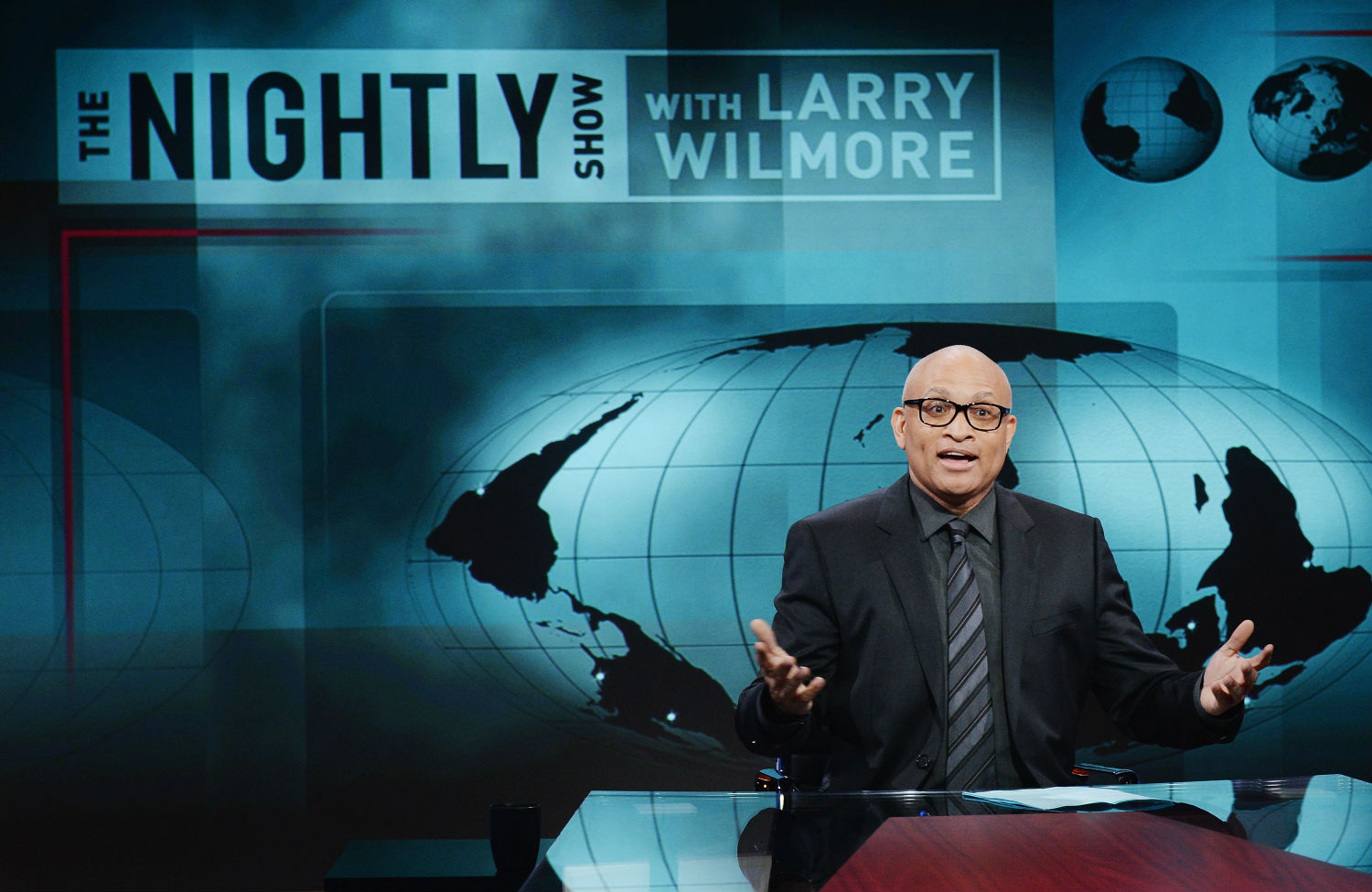
Larry Wilmore: A Funny Thing Happened on the Way to Multicultural Diversity… Larry Wilmore: A Funny Thing Happened on the Way to Multicultural Diversity…
The new Nightly Show confronts PC.
Jan 30, 2015 / Books & the Arts / Leslie Savan
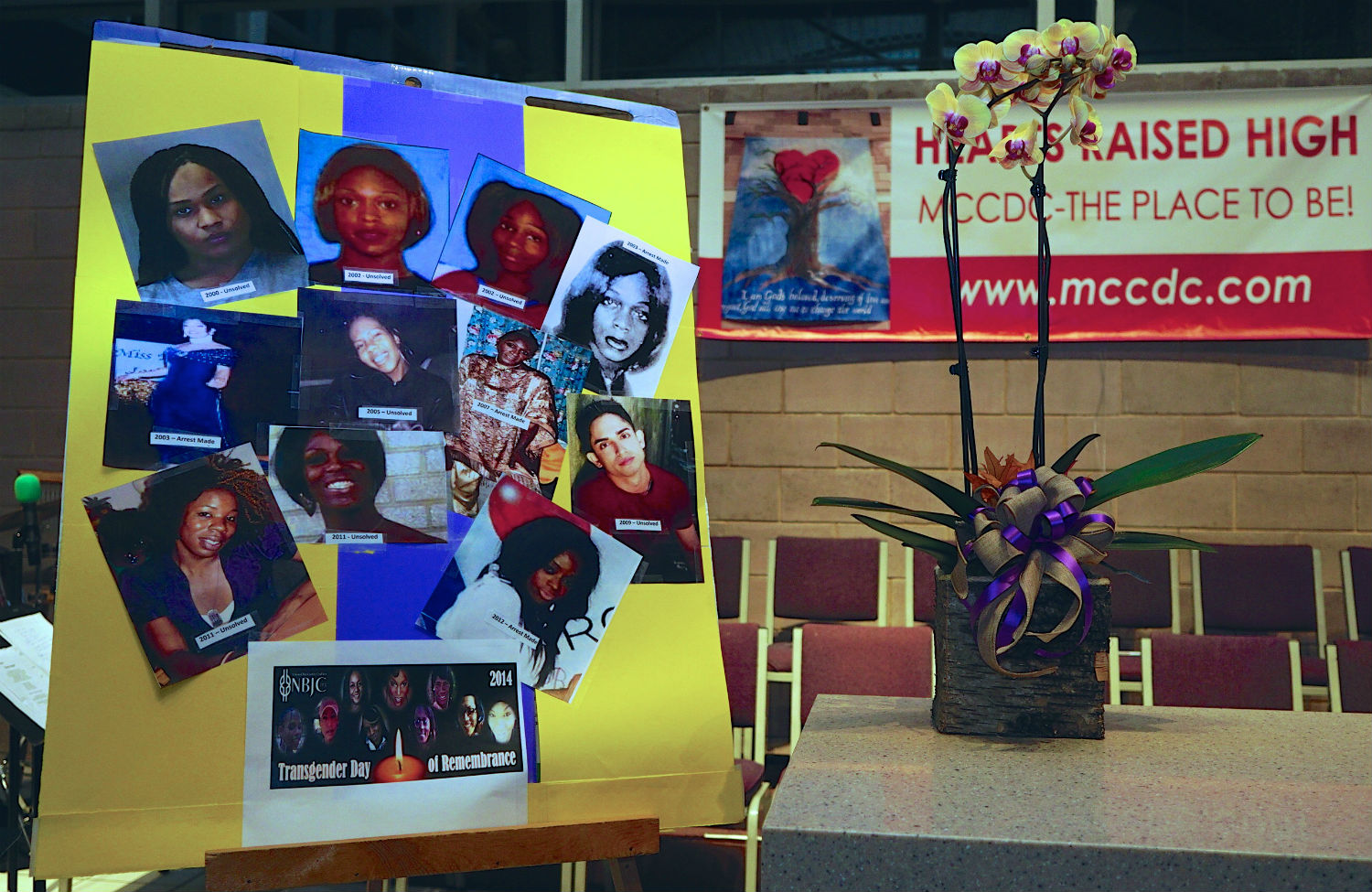
If You Read That ‘NYT’ Story About Two Teens in Oakland, Keep This in Mind If You Read That ‘NYT’ Story About Two Teens in Oakland, Keep This in Mind
What the story about a fire set to a gender-nonconforming teenager in Oakland leaves out about race, gender expression and violence.
Jan 30, 2015 / Dani McClain
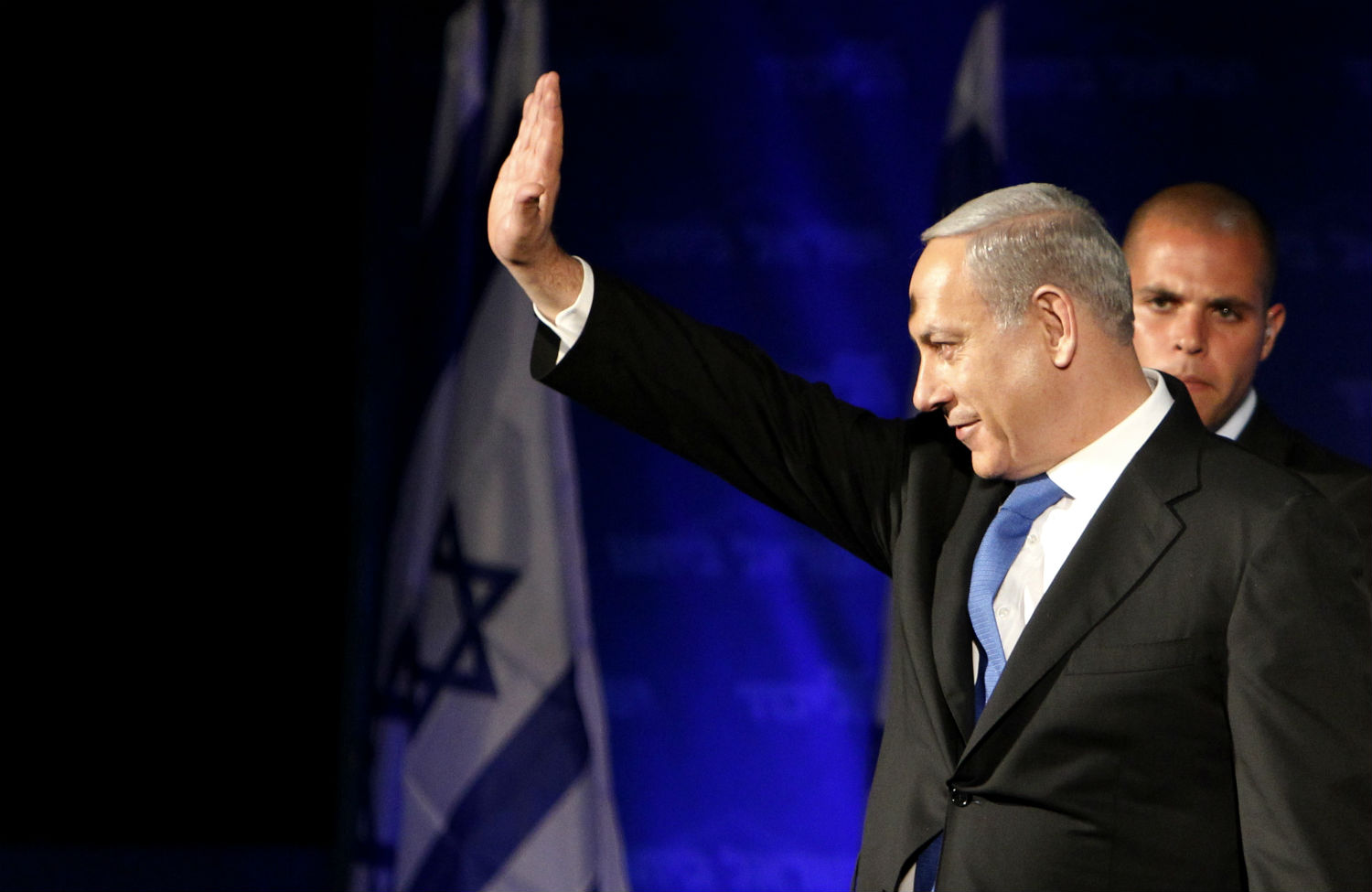
The Real Debate Over Israel’s ‘Jewish Nation-State’ Bill The Real Debate Over Israel’s ‘Jewish Nation-State’ Bill
It’s not about whether systematic discrimination against Arab citizens should continue—it’s about whether it should be codified in explicitly racist legislation. ...
Jan 29, 2015 / Hassan Jabareen
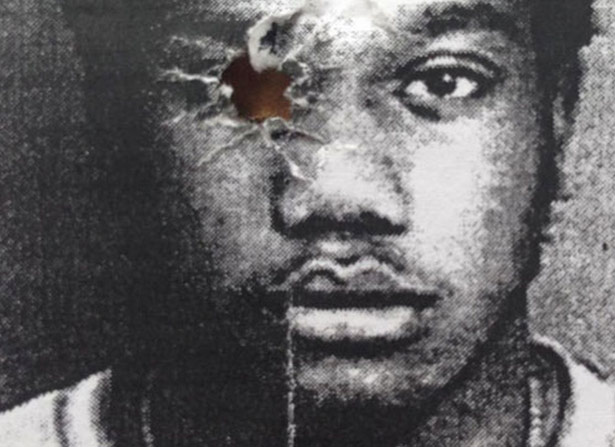
The Spectacular Incoherence of Race Goes Global The Spectacular Incoherence of Race Goes Global
From Ferguson to France, pliable racial categories are used to mark who counts as fully human—and who does not.
Jan 28, 2015 / Column / Patricia J. Williams
